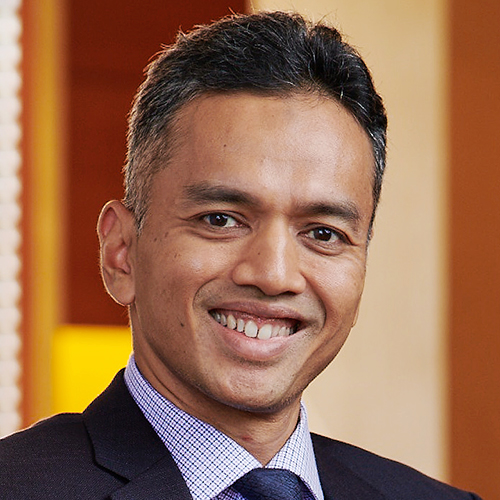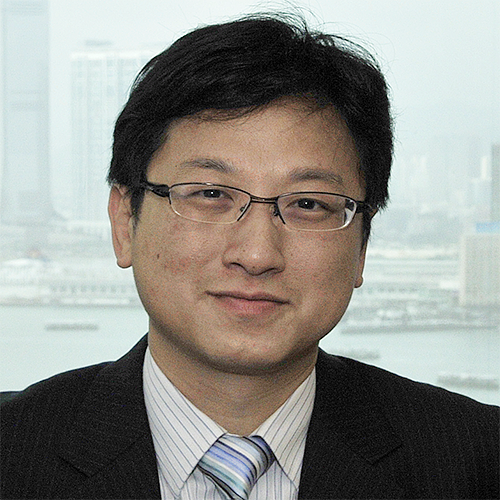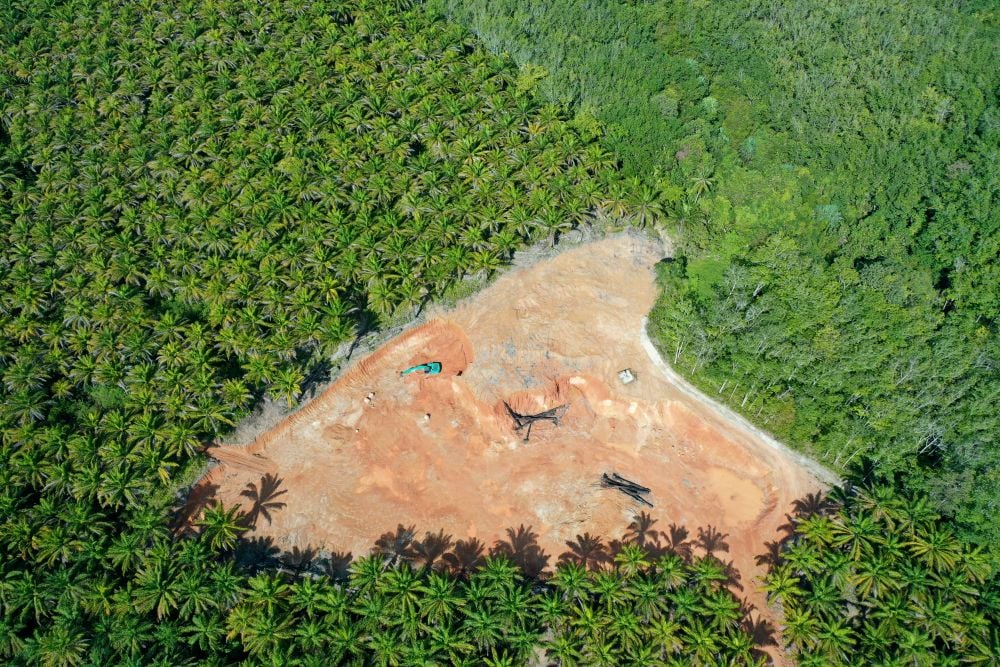The growth of sustainable investing and the green finance sector is a rollercoaster ride that will exhilarate and may at times frustrate, but for Mitch Reznick, head of credit research and sustainable fixed income at Hermes Investment Management, the pace of ESG adoption in Asia is exciting.
Reznick, who is focused on building out the sustainable fixed income offerings for London-based Hermes, recently shared some industry views with The Asset on one of his regular Singapore visits.
According to Reznick the first quarter of this year has seen a strong rebound from the market sell-off in the last quarter of 2018.
“In fact, to date it's been a record year for green bond issuance and what's interesting is that you are seeing more and more Asian-based issuers issuing into the offshore market,” Reznick says.
Queried on how he views the slew of green bonds emanating out of China, Reznick is guarded.
“China's had a very big green bond market for a few years now, but some outstanding issues remain around its classifications of green versus others,” says Reznick.
“But it is one of the fastest growing markets in the world, and there is secular strength behind it,” he adds.
Reznick says the environmental, social or governance (ESG) demand is driven in Europe and the US from the bottom up, whereas in China the shift to greener standards is more of a top-down development. For instance, the People’s Bank of China and six other government agencies jointly issued the Guidelines for Establishing the Green Financial System.
Led by the wealthier individuals and families, investors in the region are prioritizing ESG considerations into how they invest, with many bemoaning the lack of investment grade products.
Turning to matters pertaining to regulation, Reznick says he is not averse to industry watchdogs enforcing tougher standards to help entrench tighter ESG parameters on companies, which he sees as a way to create and continue momentum.
He then referred to the difficulties surrounding the Paris Agreement, to keep the increase in global average temperature to well below 2 °C above pre-industrial levels. “There's a free rider problem in this attempt to make the world a better place, everyone wants a better world, everyone wants to avoid the two-degree problem, everyone wants that,” says Reznick.
“There will always be those companies that will take the lead and will make the effort, but it's not sufficient, it's not enough. And that's why I think you need a regulatory catalyst to inspire companies, to encourage companies, to do much more,” he adds.
For example, in Europe EU regulators recently set out how financial market participants and financial advisors must integrate ESG risks and opportunities in their processes, as part of their duty to act in the best interest of clients.
The regulation also requires the disclosure of adverse impact on ESG matters - such as in assets that pollute water or devastate bio-diversity - to ensure the sustainability of investments.
Reznick outlined Hermes’ belief that engagement is an indelible part of scrutinizing ESG integration and has pulled no punches when confronting corporates and governments.
One notable example is when the stewardship and engagement team at Hermes, Hermes EOS, took on German conglomerate Volkswagen, recommending their clients to vote against the nominations of Hessa Sultan Al-Jaber, Ferdinand Oliver Porsche, and Hans Michel Piëch to the carmaker's 20-member supervisory board.
Hermes said the election of these candidates would undermine corporate governance principles, as it called for more independent representation.
In Asia Hermes is mentoring both firms and governments, including those in China, as they navigate the green finance market.
He cites the recent example of a large Brazilian conglomerate where a member of the Hermes engagement team was invited to sit on a board meeting to explain why managing the carbon footprint was an important aspect to their investors.
“We enter the dialogue in a constructive way as opposed to being an environmental activist; we speak to them as an interested and concerned investor,” Reznick says.









